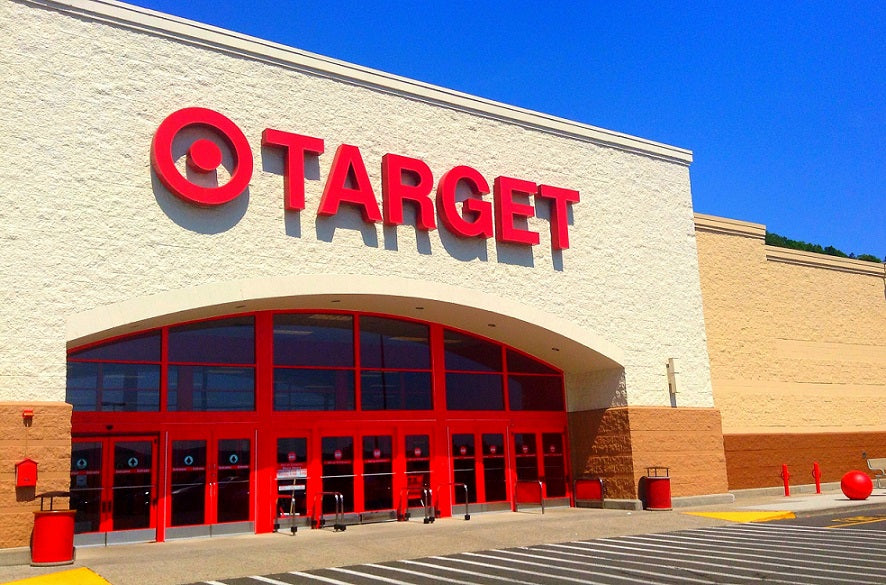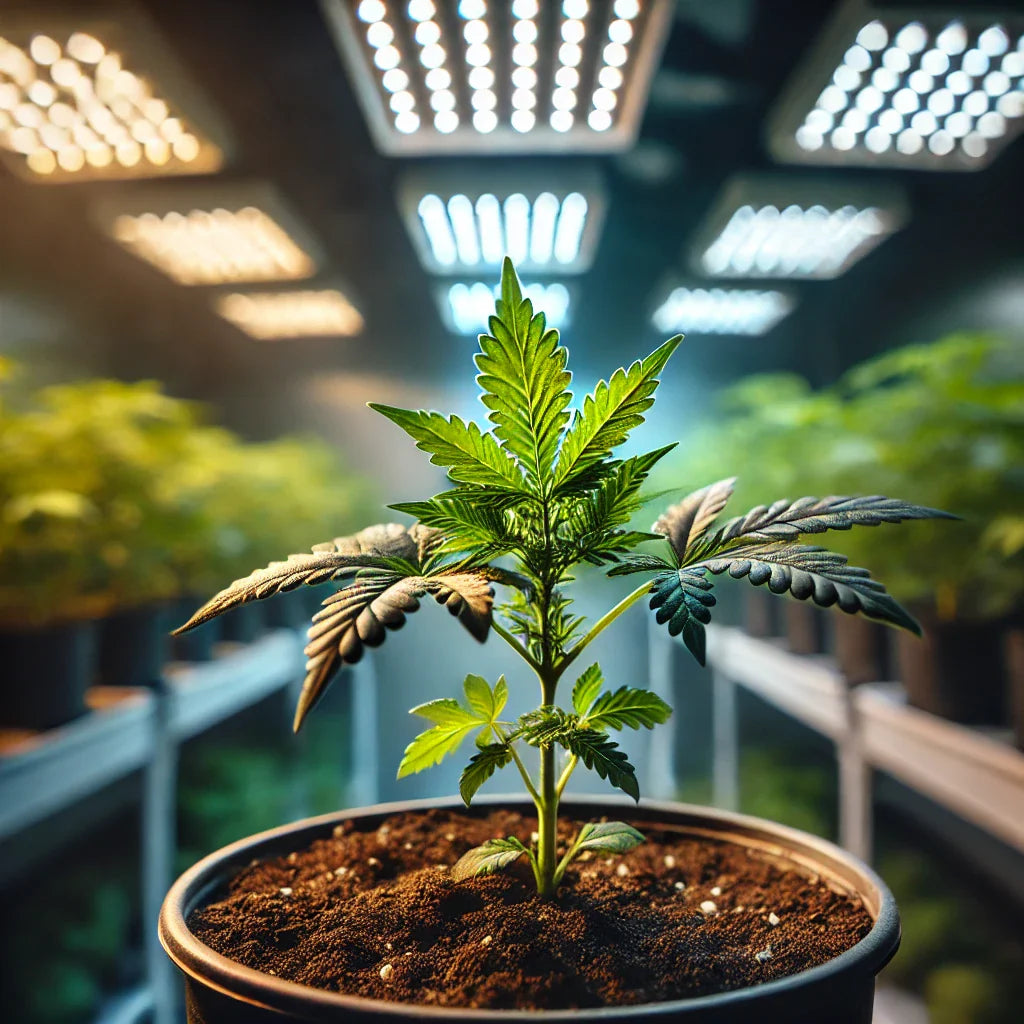
Target's Bold Leap into THC: A Sip of the Future Amidst Legislative Storm
In a move that's turning heads from boardrooms to barstools, retail giant Target has begun stocking THC-infused cannabis drinks on its shelves in select Minnesota stores. This isn't just another product launch; it's a watershed moment signaling the mainstreaming of cannabis derivatives in everyday shopping. As of October 2025, adults over 21 can now grab a can of hemp-derived THC seltzer alongside their groceries, courtesy of Minnesota's progressive cannabis laws. But this development arrives at a precarious time, with Congress fiercely debating a potential Hemp Law Reversal that could upend the entire industry. Let's dive into how a simple drink is becoming the epicenter of a national conversation on legalization, commerce, and control.
From Farm Bill to Fizzy Highs: The Evolution of Hemp-Derived THC
The story starts with the 2018 Farm Bill, a landmark piece of legislation that redefined hemp as any cannabis plant with less than 0.3% delta-9 THC by dry weight, effectively legalizing its cultivation and derivatives nationwide. This opened the floodgates for an explosion in hemp-derived products, including intoxicating cannabinoids like delta-8 and delta-9 THC, which skirt traditional marijuana regulations. Fast forward to today, and the market for cannabinoids has ballooned to an estimated $47.03 billion in 2025, with hemp-derived segments driving much of the growth. THC-infused drinks, in particular, have surged in popularity, offering a discreet, calorie-conscious alternative to edibles or smoking. These beverages typically contain 2-5mg of THC per serving, providing a mild buzz without the hangover of alcohol.
Target's entry into this space is strategic and timely. The Minneapolis-based retailer, with over 2,000 stores nationwide, is testing the waters in about 10 Minnesota locations, where state law permits up to 5mg of THC per serving and 50mg per package. Brands like Cann, Surly, Trail Magic, Wyld, and Wynk are now nestled among energy drinks and sodas, priced affordably at around $5-10 per can. This pilot program aims to gauge consumer interest, with Target spokespeople noting it's a way to "understand evolving preferences in wellness and relaxation." Minnesota's Office of Cannabis Management has approved all 72 Target stores in the state for such sales, though the rollout is cautious, starting small to monitor compliance and demand. Early reports suggest brisk sales, with shoppers intrigued by flavors like grapefruit rosemary or blood orange cardamom—proof that cannabis is shedding its counterculture stigma.
Congressional Crossroads: The Push for Hemp Law Reversal
Yet, this retail revolution hangs by a thread as lawmakers in Washington grapple with what many call the "hemp loophole." The 2018 Farm Bill inadvertently created a gray market for intoxicating hemp products, leading to a proliferation of THC drinks, gummies, and vapes sold in gas stations and online without federal oversight. Now, Congress is debating amendments in the FY2026 Agriculture Appropriations bills that could effectively reverse key aspects of the Hemp Law. The House version proposes redefining hemp to exclude any products with "quantifiable amounts" of total THC, including isomers like delta-8, and banning synthesized cannabinoids. This would criminalize most intoxicating hemp derivatives, potentially wiping out 95% of the current marketplace.
Proponents argue it's necessary to protect consumers, especially youth, from unregulated products that mimic marijuana's effects. The Congressional Research Service warns that without changes, the loophole undermines state marijuana programs and poses health risks due to inconsistent potency and labeling. Opponents, including the hemp industry, counter that such a reversal would devastate farmers and businesses. In Kentucky alone, the hemp sector employs nearly 3,500 people and generates millions in revenue. Groups like the U.S. Hemp Roundtable have lobbied former President Trump, who signed the original bill, to intervene and preserve the industry's gains. As debates rage in committees, the Senate has already stripped similar restrictive language from its bill, setting up a potential conference clash.
Economic Ripples: What a Hemp Law Shift Means for Retail and Consumers
If the Hemp Law Reversal passes, the impact on retailers like Target could be seismic. Minnesota's test run might become a short-lived experiment, forcing the company to pull products overnight and absorb losses. Broader market projections paint a grim picture: the North American hemp-derived CBD market, a close cousin to THC products, is slated to reach $3.1 billion by 2030, but intoxicating variants could vanish, shrinking the overall cannabinoids sector. Small businesses, from craft breweries infusing THC into non-alcoholic beers to online vendors shipping across 43 states, face existential threats. Consumers, meanwhile, lose access to legal alternatives; surveys show 70% of THC drink users prefer them for their controlled dosing and social appeal over traditional cannabis.
On the flip side, proponents envision a more regulated landscape, perhaps integrating hemp into the FDA's purview for safety standards. This could pave the way for big players like Target to expand if federal legalization follows, mirroring alcohol's path. States like Texas and Florida have already imposed their own bans on delta-8, foreshadowing a patchwork of laws if Congress falters. The debate underscores a cultural shift: cannabis is no longer fringe, with 24 states allowing recreational use and public support at 70%. Target's move, even if tentative, normalizes it further, challenging stereotypes and inviting everyday Americans to rethink "getting high."
Sipping on Uncertainty: The Road Ahead for THC Innovation
As Congress wrangles over the Hemp Law, innovators aren't slowing down. Brands are experimenting with micro-dosing, functional additives like adaptogens, and eco-friendly packaging to appeal to health-conscious millennials and Gen Z, who make up 60% of the market. Target's selection reflects this diversity, from zero-sugar options to those mimicking craft beer profiles. If the reversal fails, expect national rollout; if it succeeds, a pivot to non-intoxicating CBD drinks, whose global market is projected at $38.97 billion by 2034.
Ultimately, Target's THC venture is more than commerce—it's a litmus test for America's evolving relationship with cannabis. Amidst the Hemp Law Reversal debates, one thing is clear: the genie is out of the bottle, or rather, the can. Whether this leads to broader acceptance or a regulatory clampdown, the fizz of change is unmistakable. As consumers toast to new choices, policymakers must balance innovation with caution, ensuring the industry's growth doesn't come at the expense of safety. In this bubbling cauldron of law, business, and culture, every sip counts.
As Target pioneers THC-infused cannabis beverages in Minnesota stores amid soaring market demand—projected at $47 billion in 2025—D Squared WorldWide leads with premium, hemp-derived seltzers and elixirs. Our low-dose (2-5mg THC) flavors like Grapefruit Rosemary and Blood Orange Cardamom offer discreet, wellness-focused relaxation, compliant with current Hemp Law standards.
With Congress debating a potential Hemp Law Reversal that could reshape the industry, now's the time to stock up and capitalize on this $3.1 billion hemp CBD surge by 2030.
Partner with us for exclusive wholesale pricing and nationwide distribution. Schedule a call today to elevate your retail lineup!
Reference:
1. Blebea, N. (2022). Legal status of cannabidiol. Technium Biochemmed, 3(2), 81-86. https://doi.org/10.47577/biochemmed.v3i2.6935
2. Bradley, E., Hoots, B., Bradley, E., & Roehler, D. (2023). Unintentional ingestion of putative delta-8 tetrahydrocannabinol by two youth requiring critical care: a case report. Journal of Cannabis Research, 5(1). https://doi.org/10.1186/s42238-023-00176-x
3. ElSohly, M., Murphy, T., Khan, I., Walker, L., & Gul, W. (2020). Analysis of cannabidiol, δ<sup>9</sup>-tetrahydrocannabinol, and their acids in cbd oil/hemp oil products. Medical Cannabis and Cannabinoids, 3(1), 1-13. https://doi.org/10.1159/000509550



